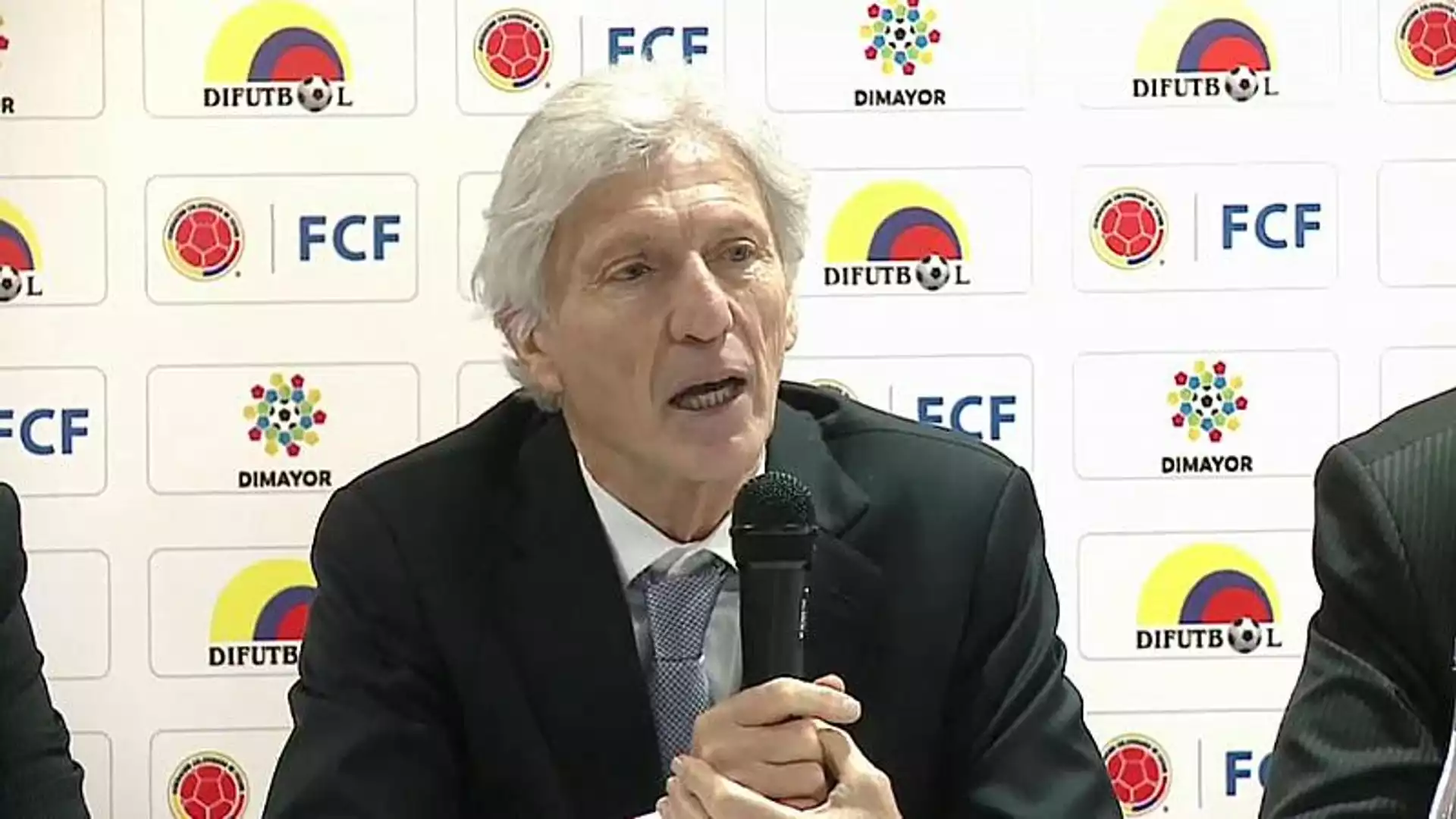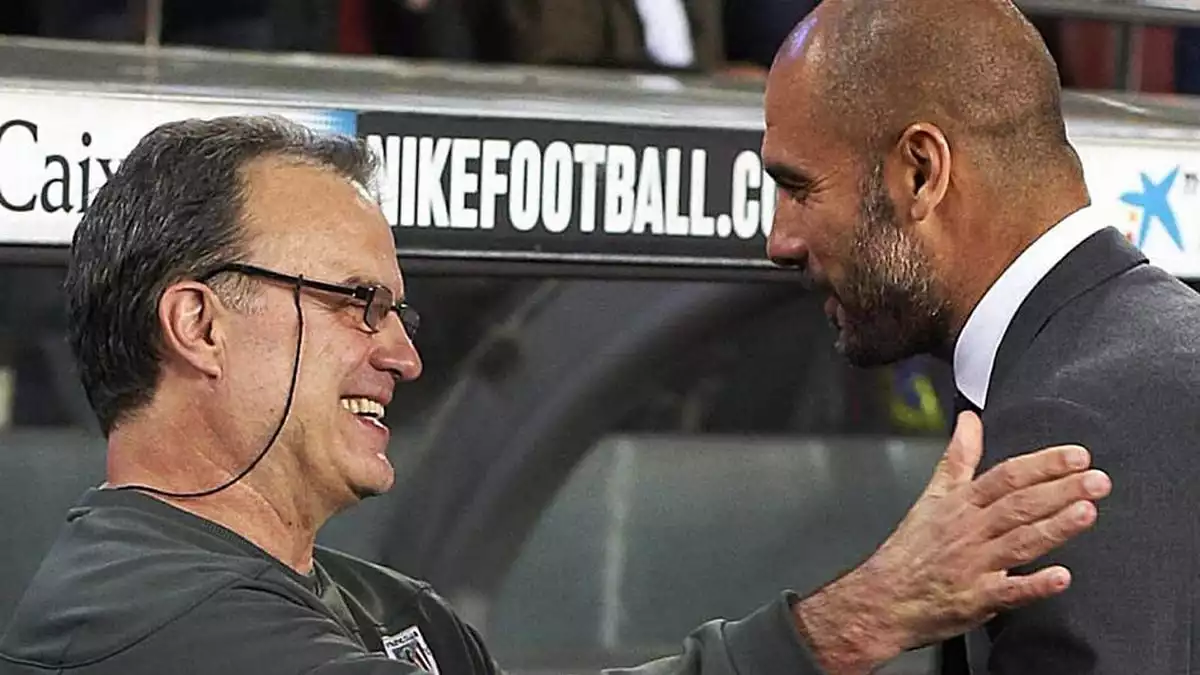The Impact of Managerial Appointments in Football
The appointment of a manager is a critical decision for any football club. It can make or break a team's fortunes, both on and off the field. A manager's role extends beyond the tactical aspects of the game. They are responsible for creating a winning culture, fostering team spirit, and maximizing the potential of individual players. A successful managerial appointment can transform a struggling team into title contenders, while a poor appointment can lead to a decline in performance and morale.
In Argentine football, where passion runs deep and expectations are sky-high, managerial appointments take on an even greater significance. The fans demand success, and the managers are under constant pressure to deliver. The right appointment can unite a club, inspire players, and bring joy to millions of fans. On the other hand, a wrong appointment can lead to discontent, unrest, and disappointment.
The managerial appointments we will explore in this article have not only altered the fortunes of their respective clubs but have also influenced the broader landscape of Argentine football. They have introduced innovative tactics, nurtured young talent, and created a lasting legacy that continues to shape the game today.
Managerial Appointment 1: Carlos Bianchi at Boca Juniors
Carlos Bianchi's appointment as the manager of Boca Juniors in 1998 marked the beginning of a golden era for the club. Bianchi, a former Boca Juniors player himself, brought his tactical acumen and winning mentality to the team. Under his guidance, Boca Juniors achieved unprecedented success, winning numerous domestic titles and capturing the prestigious Copa Libertadores on multiple occasions.
Bianchi's managerial style was characterized by a strong emphasis on defensive solidity and efficient counter-attacking football. He instilled a winning mentality in his players and created a formidable team that was feared by opponents. Bianchi's ability to bring out the best in his players, combined with his tactical astuteness, made him a legend at Boca Juniors and one of the most successful managers in Argentine football history.
Las 10 mejores frases de CARLOS BIANCHI
Managerial Appointment 2: Marcelo Gallardo at River Plate
Marcelo Gallardo's appointment as the manager of River Plate in 2014 marked the beginning of a new era for the club. Gallardo, a former River Plate player and a fan favorite, inherited a team that was in desperate need of rejuvenation. He quickly set about implementing his vision, introducing an attacking style of play that thrilled the fans and brought success to the club.
Gallardo's tactical flexibility and ability to adapt to different situations were key factors in River Plate's success under his leadership. He was not afraid to take risks, making bold substitutions and tactical changes when needed. Gallardo's man-management skills were also crucial in creating a united and motivated team.
Under Gallardo's guidance, River Plate achieved unprecedented success, winning multiple domestic titles and capturing the Copa Libertadores in 2015 and 2018. His ability to inspire his players and his tactical nous established him as one of the most respected managers in Argentine football.
Managerial Appointment 3: Miguel Angel Russo at Racing Club
Miguel Angel Russo's appointment as the manager of Racing Club in 2001 brought stability and success to the club. Russo, a former Racing Club player himself, understood the club's rich history and the expectations of the fans. He quickly established a strong rapport with the players and instilled a winning mentality in the team.
Russo's tactical approach was characterized by a focus on possession-based football and an emphasis on attacking play. He encouraged his players to express themselves on the field and gave them the freedom to take risks. Under Russo's guidance, Racing Club achieved success, winning the Apertura title in 2001 and the Supercopa Sudamericana in 1988.
Russo's tenure at Racing Club was marked by stability and consistent performances. He brought the club back to the pinnacle of Argentine football and established a winning culture that continues to influence the club to this day.
Miguel Ángel Russo analizó la derrota en la ida ante Racing
Managerial Appointment 4: Guillermo Barros Schelotto at Lanus
Guillermo Barros Schelotto's appointment as the manager of Lanus in 2007 marked the beginning of a new era for the club. Barros Schelotto, a former Lanus player himself, brought his tactical acumen and winning mentality to the team. Under his guidance, Lanus achieved unprecedented success, winning the Apertura title in 2007 and the Copa Sudamericana in 2013.
Barros Schelotto's managerial style was characterized by a focus on attacking play and an emphasis on quick, fluid passing. He encouraged his players to take risks and play an attractive brand of football. Barros Schelotto's ability to motivate his players and his tactical astuteness made him a popular figure at Lanus and one of the most successful managers in the club's history.
Managerial Appointment 5: Ramon Diaz at Independiente
Ramon Diaz's appointment as the manager of Independiente in 2002 marked the beginning of a successful period for the club. Diaz, a former Independiente player himself, brought his experience and winning mentality to the team. Under his guidance, Independiente achieved success, winning the Apertura title in 2002 and the Copa Sudamericana in 2010.
Diaz's managerial style was characterized by a focus on attacking play and an emphasis on creativity and flair. He encouraged his players to express themselves on the field and gave them the freedom to take risks. Diaz's ability to motivate his players and his tactical acumen made him a popular figure at Independiente and one of the most successful managers in the club's history.
How These Managerial Appointments Changed the Argentine Primera Division
The managerial appointments discussed in this article have had a profound impact on the Argentine Primera Division. They have introduced new tactics, influenced coaching philosophies, and set new standards of excellence. These managers have not only achieved success on the domestic stage but have also made their mark in international competitions, showcasing the quality of Argentine football to the world.
The success of these managerial appointments has inspired a new generation of managers and players, who strive to emulate their achievements. Their legacy continues to shape the game today, with clubs across Argentina looking for managers who can replicate their success.
The Legacy of These Managerial Appointments
The legacy of these managerial appointments extends beyond the trophies won and the records broken. They have left an indelible mark on the clubs they managed, shaping their identity and instilling a winning culture. The success achieved under these managers has become part of the clubs' folklore, and their achievements are celebrated by fans to this day.
Furthermore, these managerial appointments have had a broader impact on Argentine football as a whole. They have raised the standard of coaching in the country, inspiring new generations of managers to adopt innovative tactics and techniques. The influence of these managers can be seen in the style of play adopted by Argentine teams and the success they have achieved in domestic and international competitions.










